Michelle Ramos: Since you've started working in the arts sector, you’ve done a lot of amazing work: founding your firm, Unlock Creative, which is a social enterprise dedicated to nurturing, growing, and sustaining Black creative leadership; founding and being the current president of the National Black Women’s Creative Cooperative, a worker-owned limited liability cooperative and mutual aid network of Black women creatives; and doing work focused on how our industry can better support theatremakers with children. What are some of your observations in doing this work as a theatremaker and a parent?
Ashley Davis: I started out working in stage management and as a producer. One of the reasons that I
As I was young and eager, I realized there was an assumption that younger, eager, and often single people could work nights, weekends, and longer workdays. There was this idea that we could do the travelling because theatremakers who were parents had to go pick up or look after their children. Of course, everyone was respectful of that, but sometimes I saw that that would also brew resentment. Because of this, one of the reasons I moved over to the management side of theatremaking is because of the set daytime work hours that are more accommodating to people with children.
The other piece of that is the dynamic between men and women. Cis men could often do more of the night work—but they had to have a partner or some support system that would allow them to do those really long, crazy hours.
We have these deeper systemic issues in our society that are making us question: “Okay, what's the access to childcare? Can I be both an employee and a person in this workplace?”
Michelle: Some of those things that were considered to be “unprofessional” in the past are now kind of the norm—especially with the increase in remote work because of the pandemic. People are now like, “Oh, those are my kids in the background,” or, “That's my dog barking.” Nobody even thinks twice about it, which is interesting. So, now that we are working more in remote spaces, do you think that sort of perspective is loosening up a little bit? What has been your experience as someone who works remotely and is a full-time parent?
Ashley: I think remote work, particularly during COVID, felt more laid-back. I think organizations who were already working remotely before COVID were more accommodating of doctor’s appointments and flex schedules. But I think the shift to remote work during the pandemic forced places that had stricter standards and expectations such as, “You better be on camera when you work from home,” or “You better be in a suit and have a tie around your neck,” to relax because of everything we were going through. It was unattainable to maintain that strict level of professionalism without going crazy. I feel like people had to let that go. We decided as a whole culture that we're going to let that go.
But what I think is happening now is that some organizations—particularly the larger ones—are trying to pull the reigns back in a little bit. Like, “No, y'all are going to come to work every day. Y'all are going to dress ‘professionally’ again.” But I feel like folks and organizations that are more equity-focused and really did change during lockdown realize that parenting, having children, and being a caregiver—because there are theatremakers who may not be parents but are still caregivers in some capacity—is a part of many people’s lives. So, I think even what we thought about who may be giving care in their personal lives has expanded. People are more open to and conscious of the realities of parenting and caregiving.
A lot of people are interrogating what it means to have a hybrid work schedule. I’m doing a lot of work around that right now. The fact that more and more people are questioning that lets me know things are changing. But there are still some people who just want to go back to “how it was.” Again, I think the larger institutions just want their workers back in the office.
Michelle: Yes. That idea of, “We need to go back to this world where individuals are not as much of a priority as the work is,” is something I’m seeing a lot of people push against. I have heard a few people that are like, “I like the structure of going back into the space, having a place to show up, and not being distracted by family or other things that are going on at home.” But I think what I'm mostly hearing is people really pushing back against going back into an office five days a week.
Ashley: Yes. I think employees have more power now, so they’re having a conversation about what they want for themselves and it’s different than what the institutions’ management wants. Also, some people in the field can't afford to go back to work. If they go back to the office, half of their check will go towards daycare. In those instances, it often doesn’t make sense financially for one of the parents to go into work. We have these deeper systemic issues in our society that are making us question: “Okay, what's the access to childcare? Can I be both an employee and a person in this workplace?”
Michelle: I'm curious about the relationship between childcare and the workplace in the arts sector. When I was in the legal field, I noticed that for most women lawyers, whether to have children or not was a career decision because sometimes having children inhibited their ability to become a partner at a firm. Women were put in a position where we had to choose between children and our career. So Ashley, when you decided to become a mom, did you feel any hesitation, worry, or concern—not only with respect to the way that you were going to be able to manage your own work-life balance but also how that would be received at your workplace? If you had to make that decision now, would that look different than it did when you first made that decision?

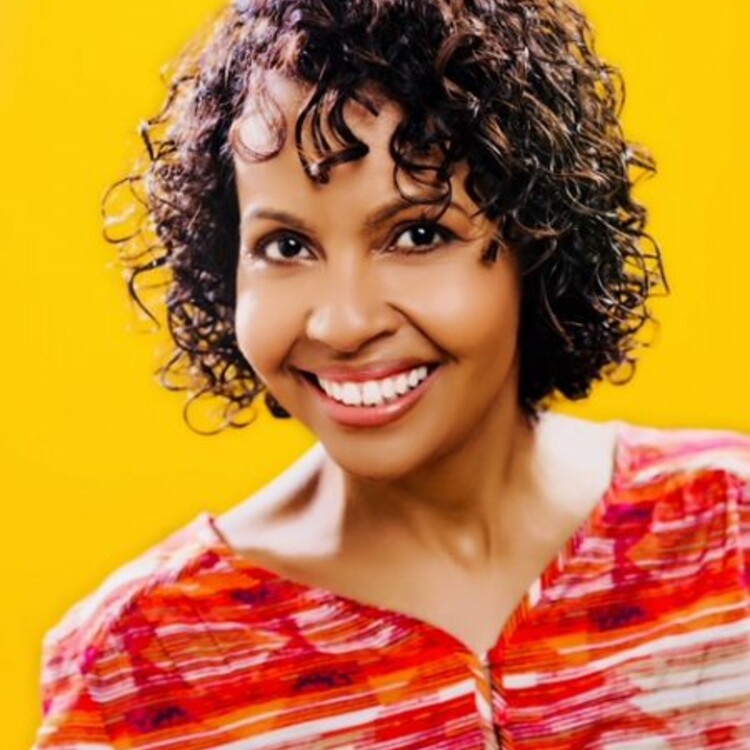
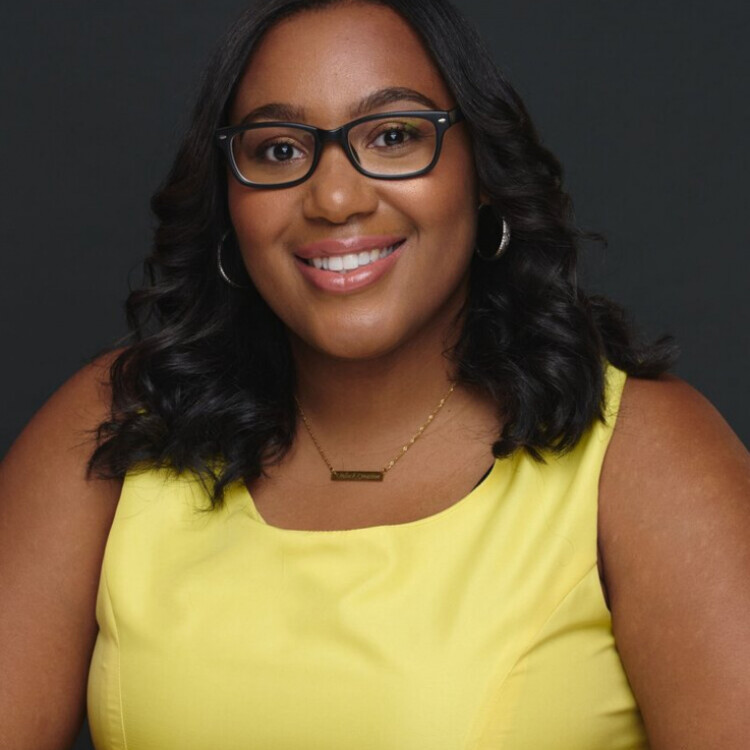
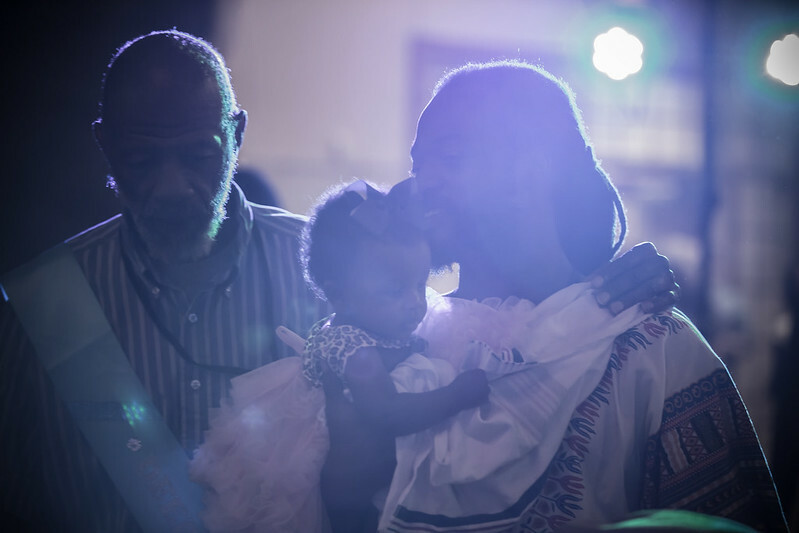
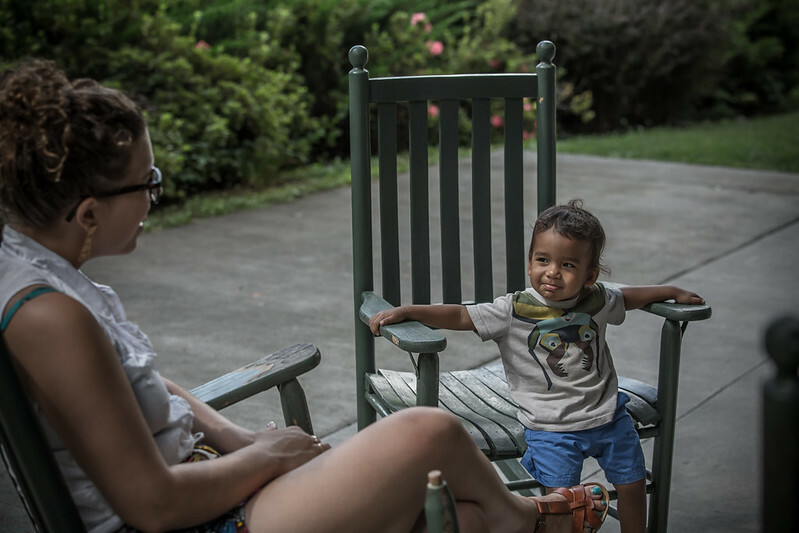



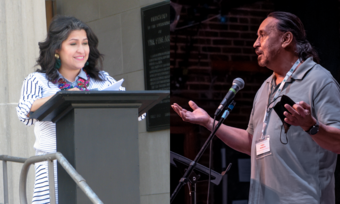





Comments
The article is just the start of the conversation—we want to know what you think about this subject, too! HowlRound is a space for knowledge-sharing, and we welcome spirited, thoughtful, and on-topic dialogue. Find our full comments policy here